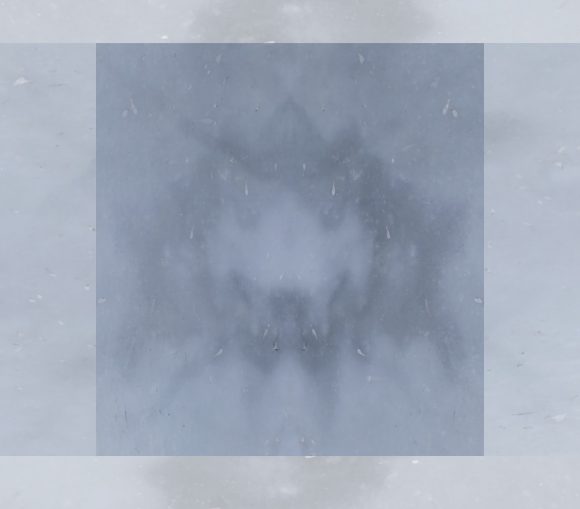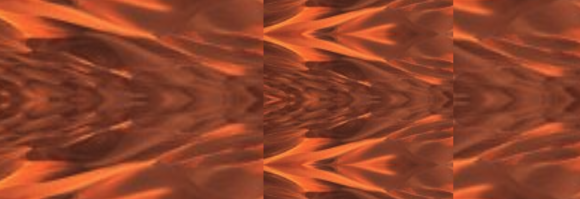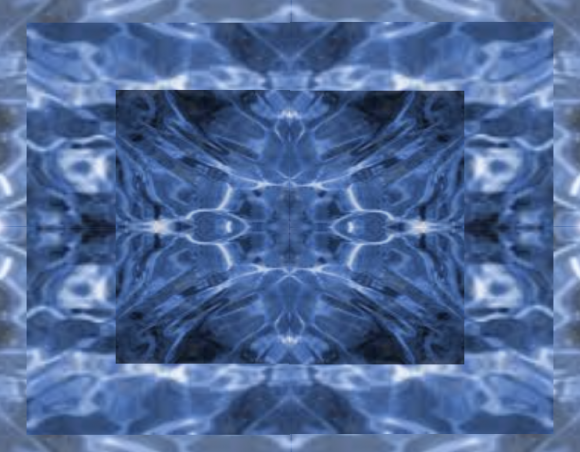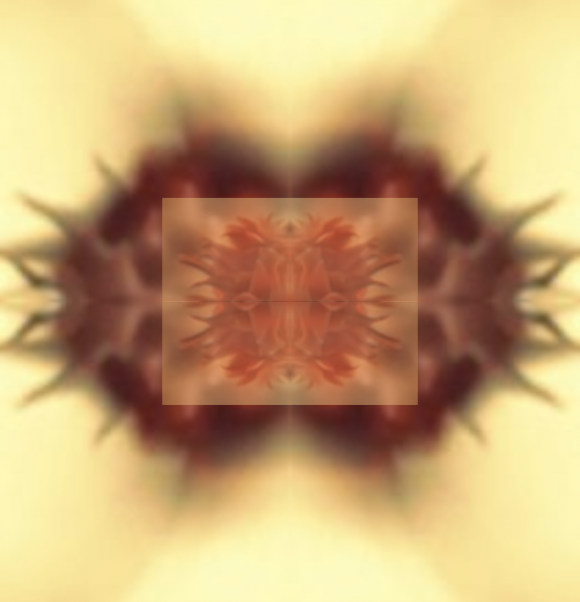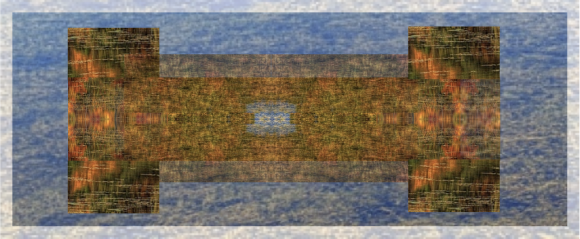
Jung frequently insists in his writings that the inner world has reality, and that as a person, we have to adapt to those inner realities just as we have to those of the external world. But adaptation as such is only one step on the path to individual self-development.
